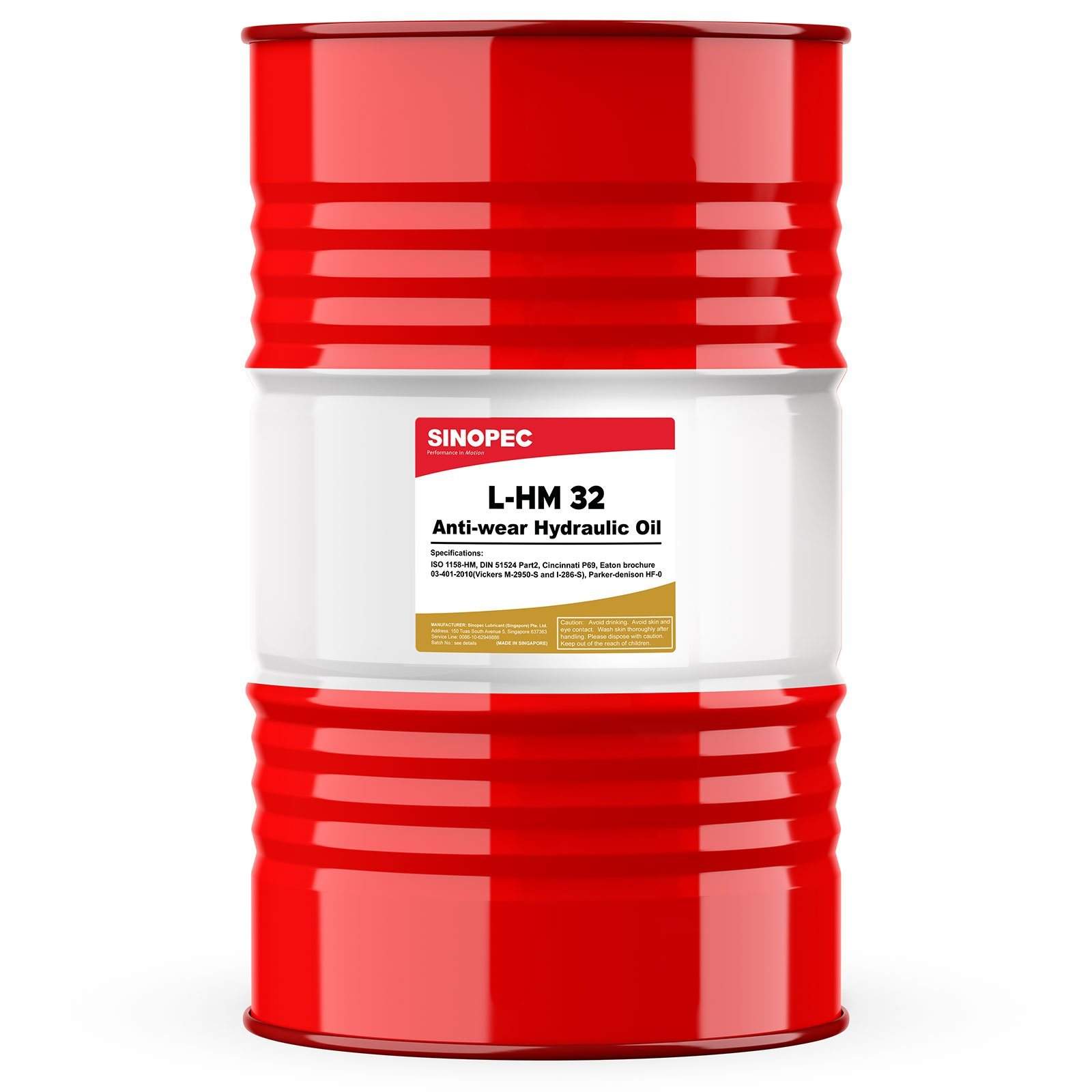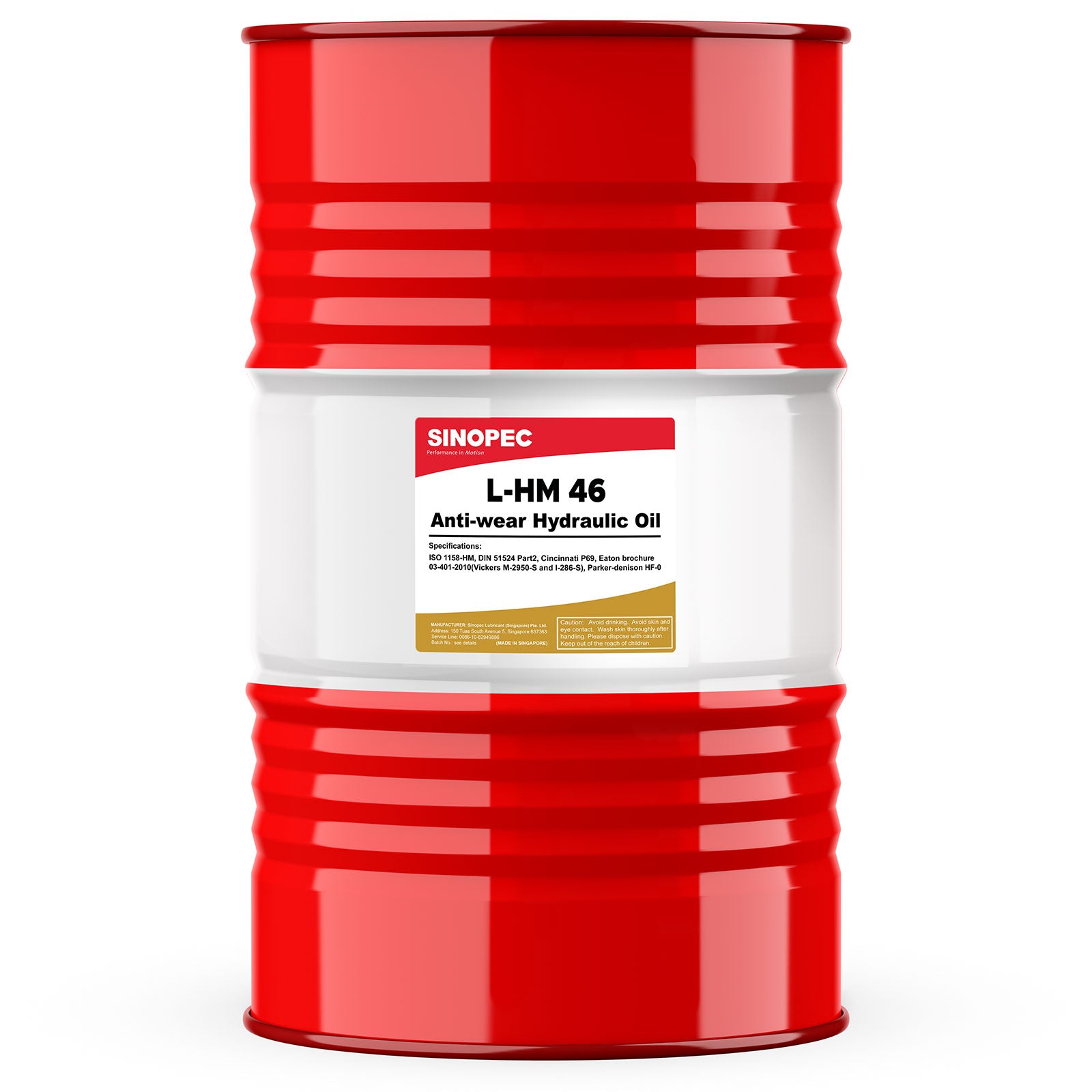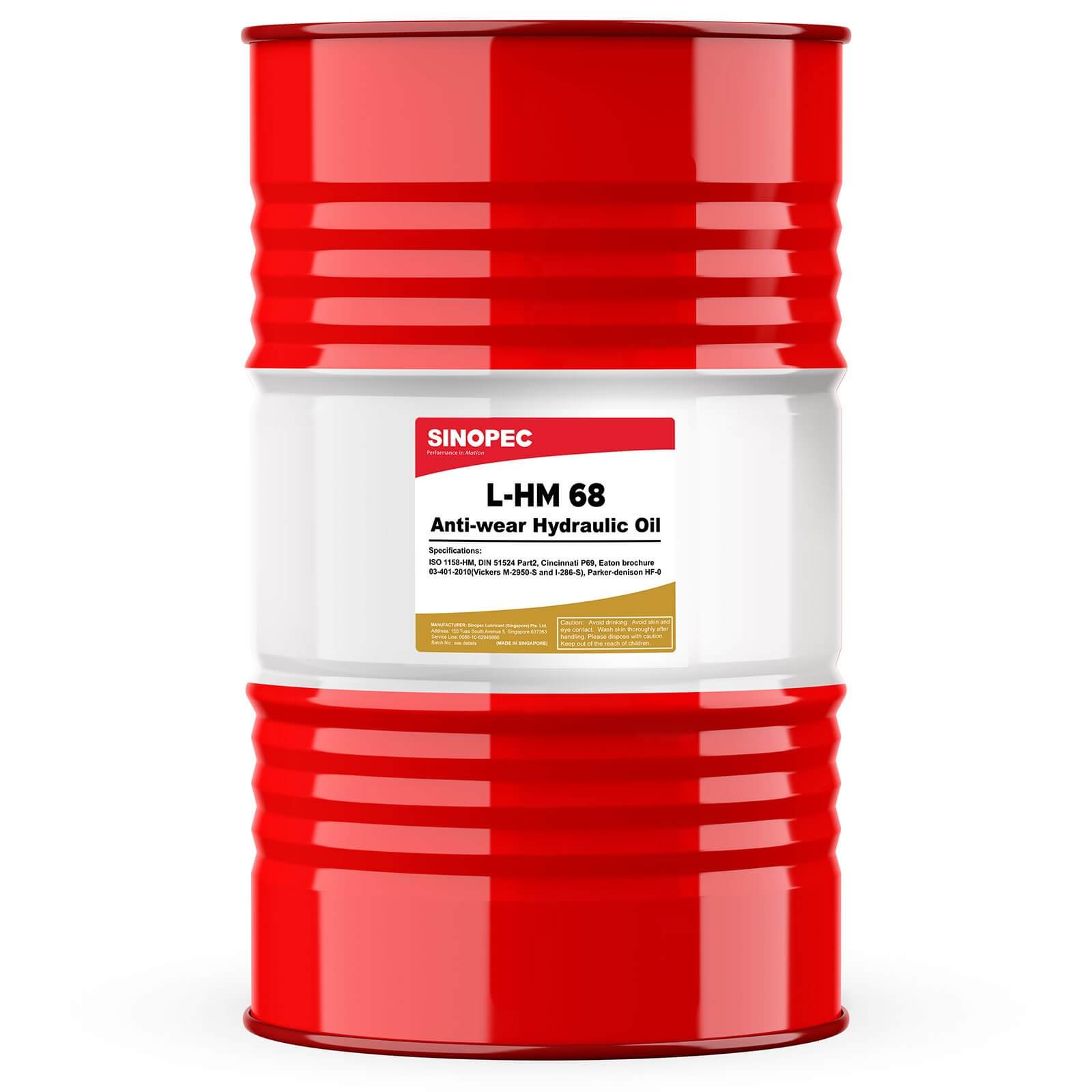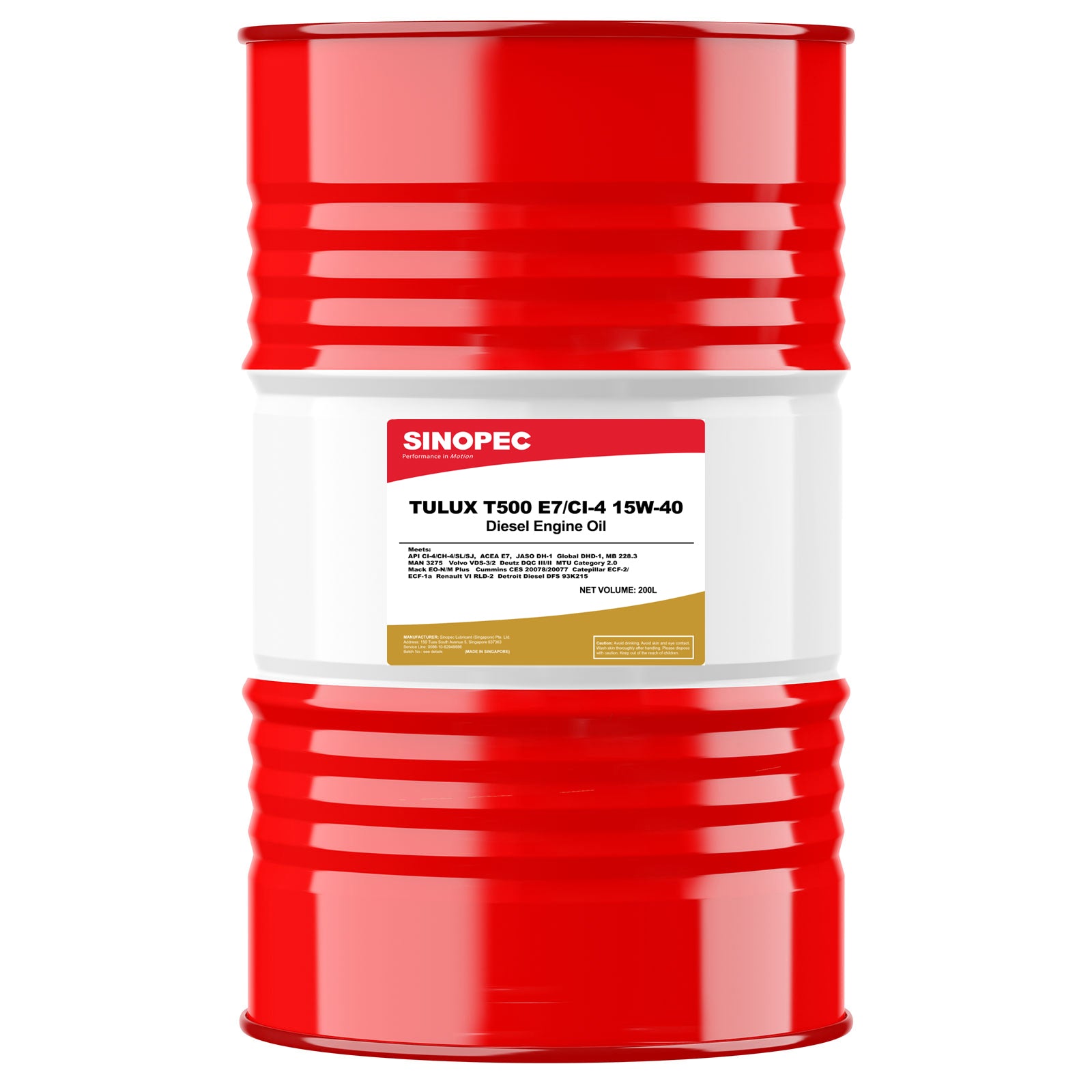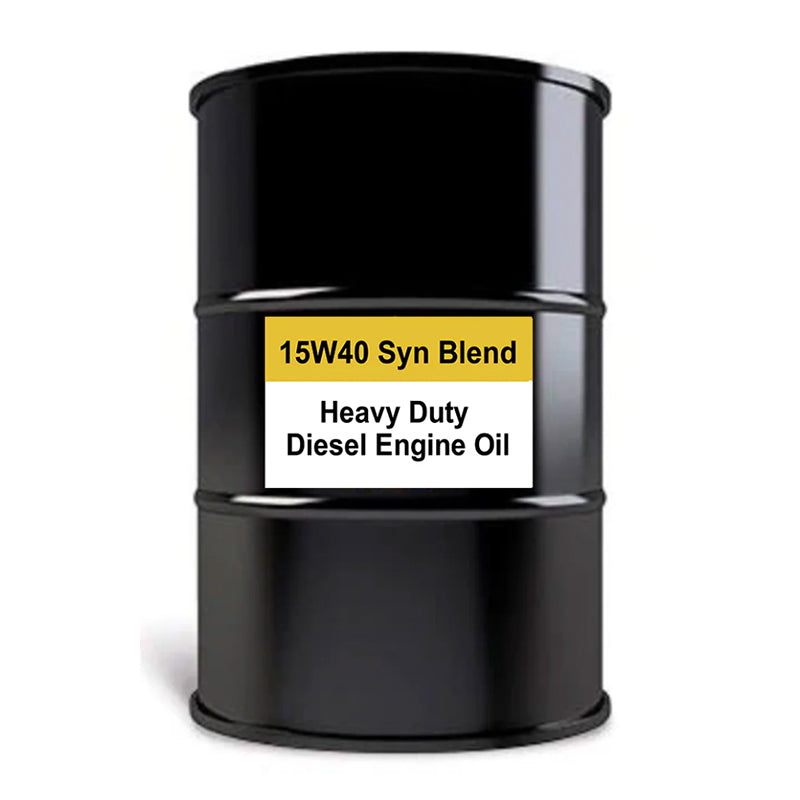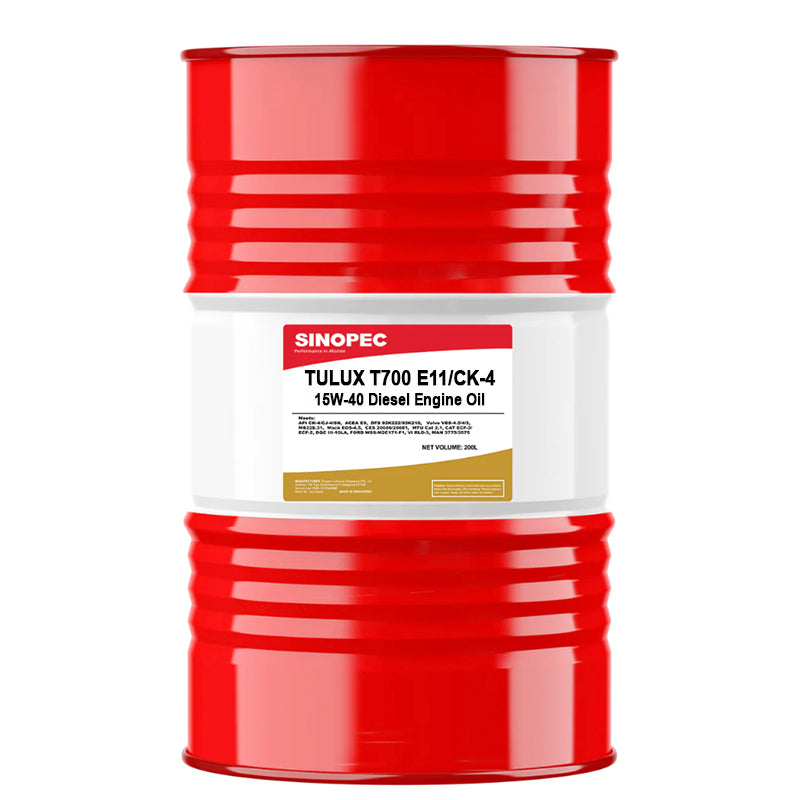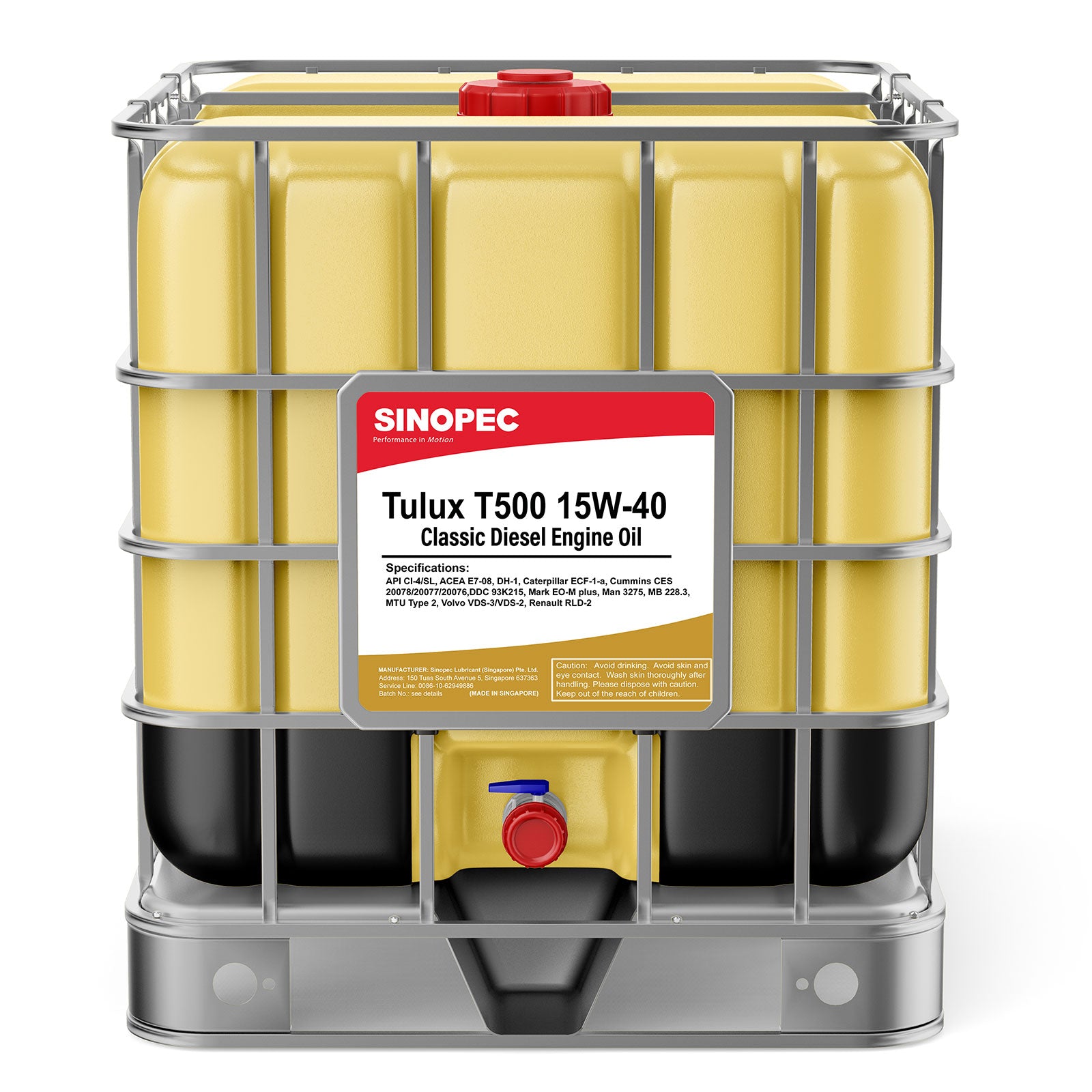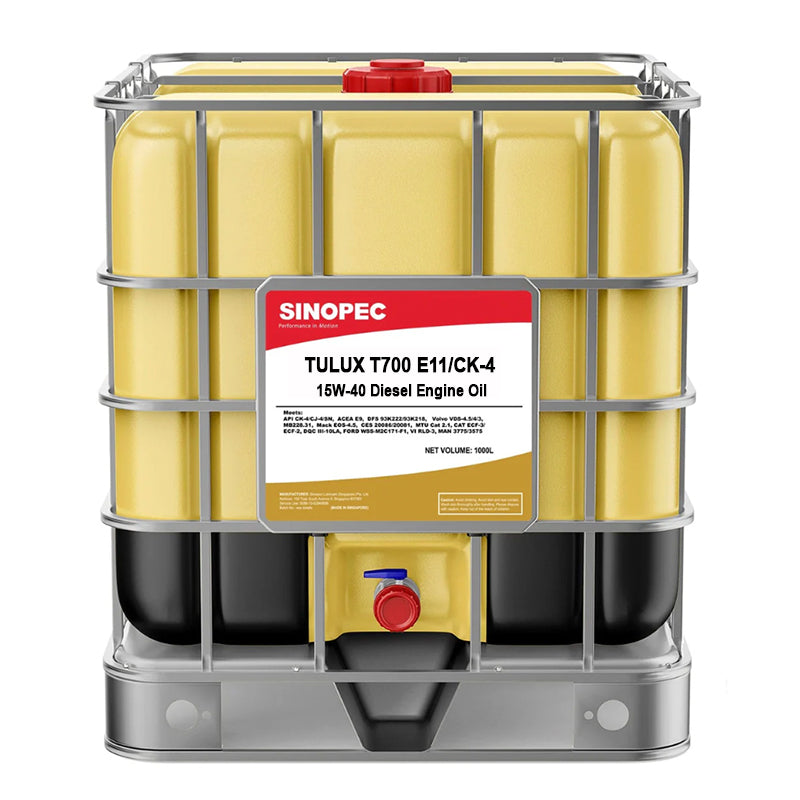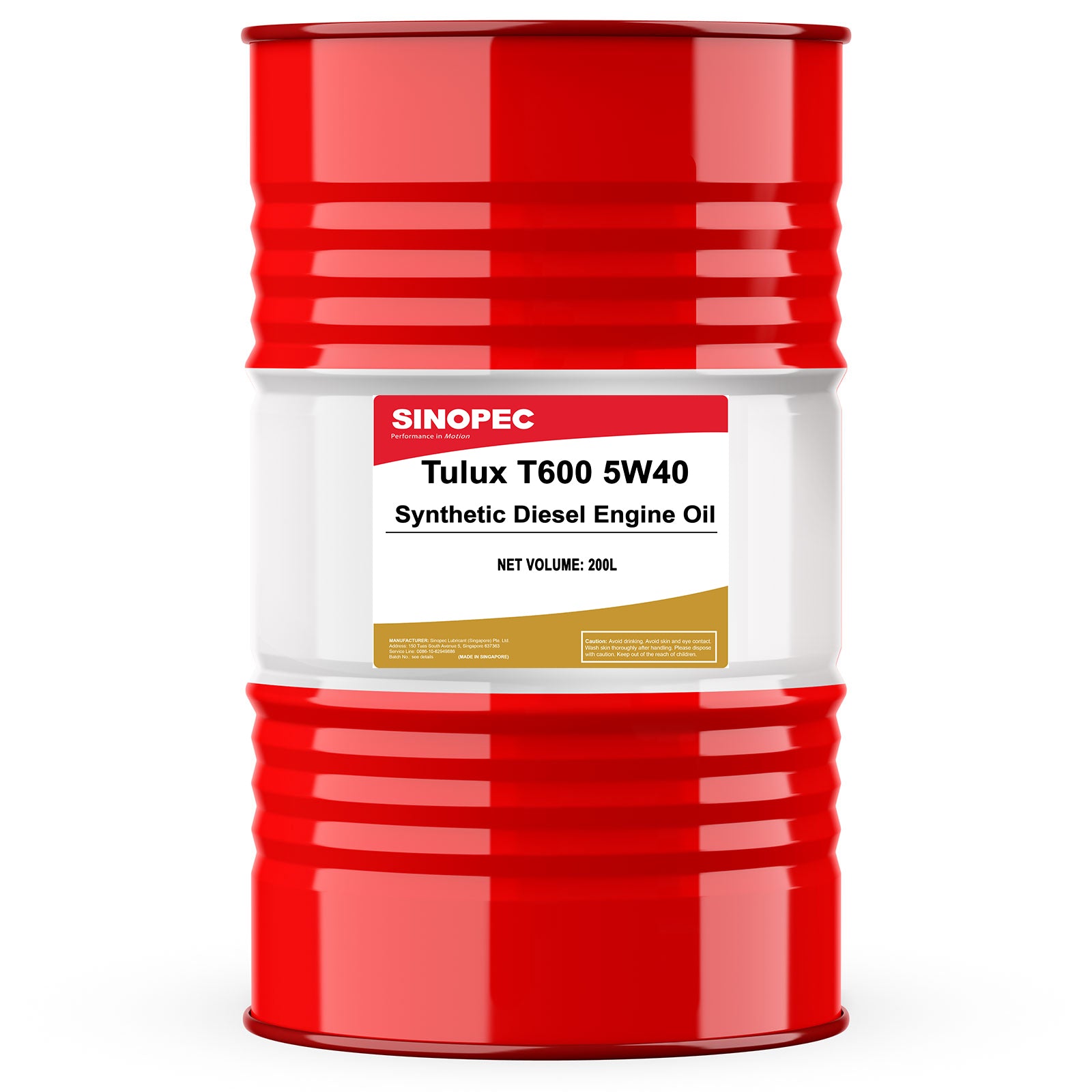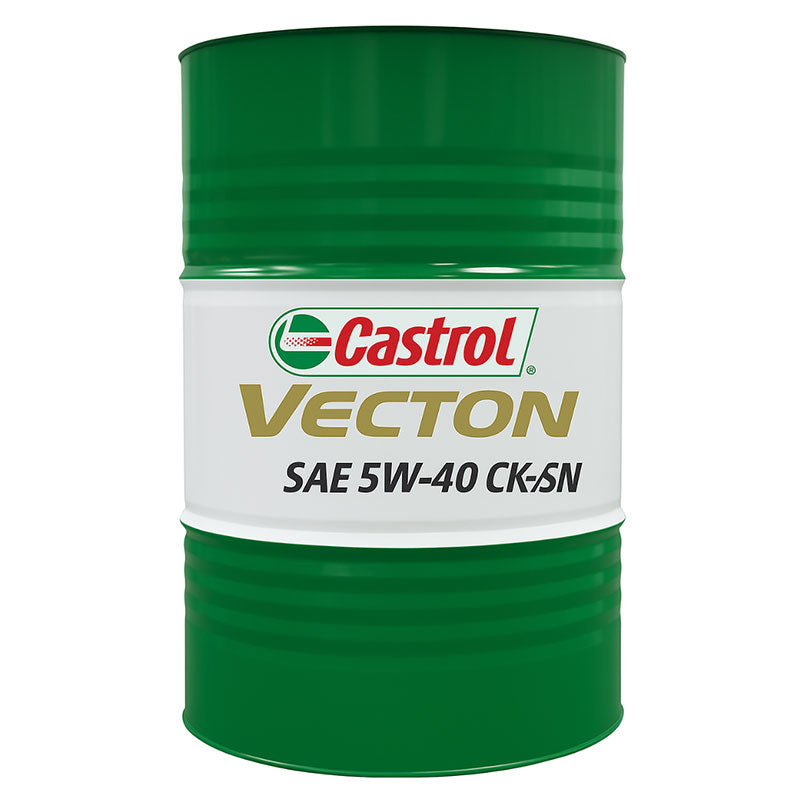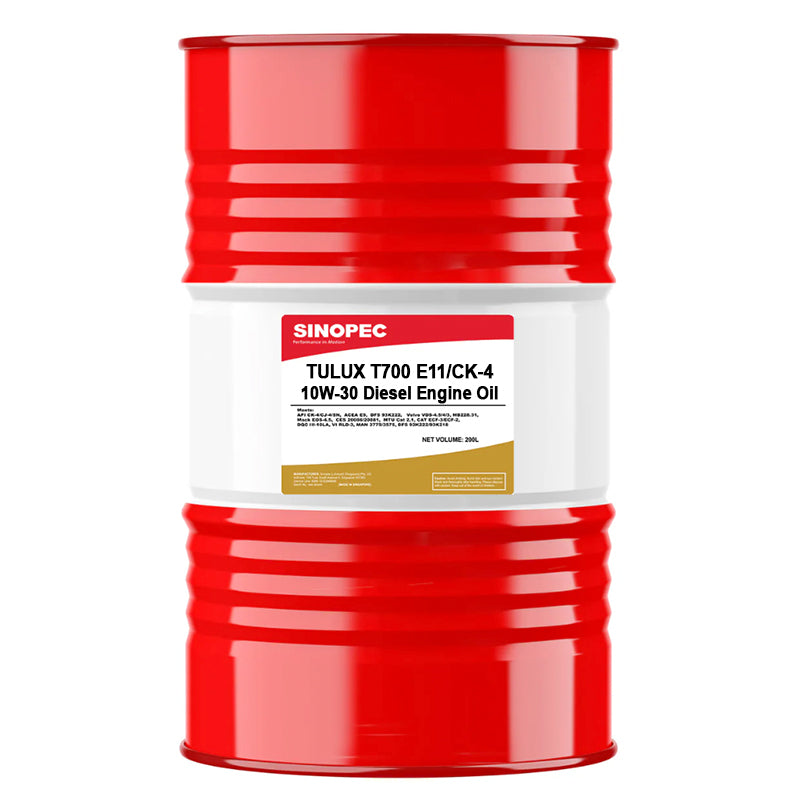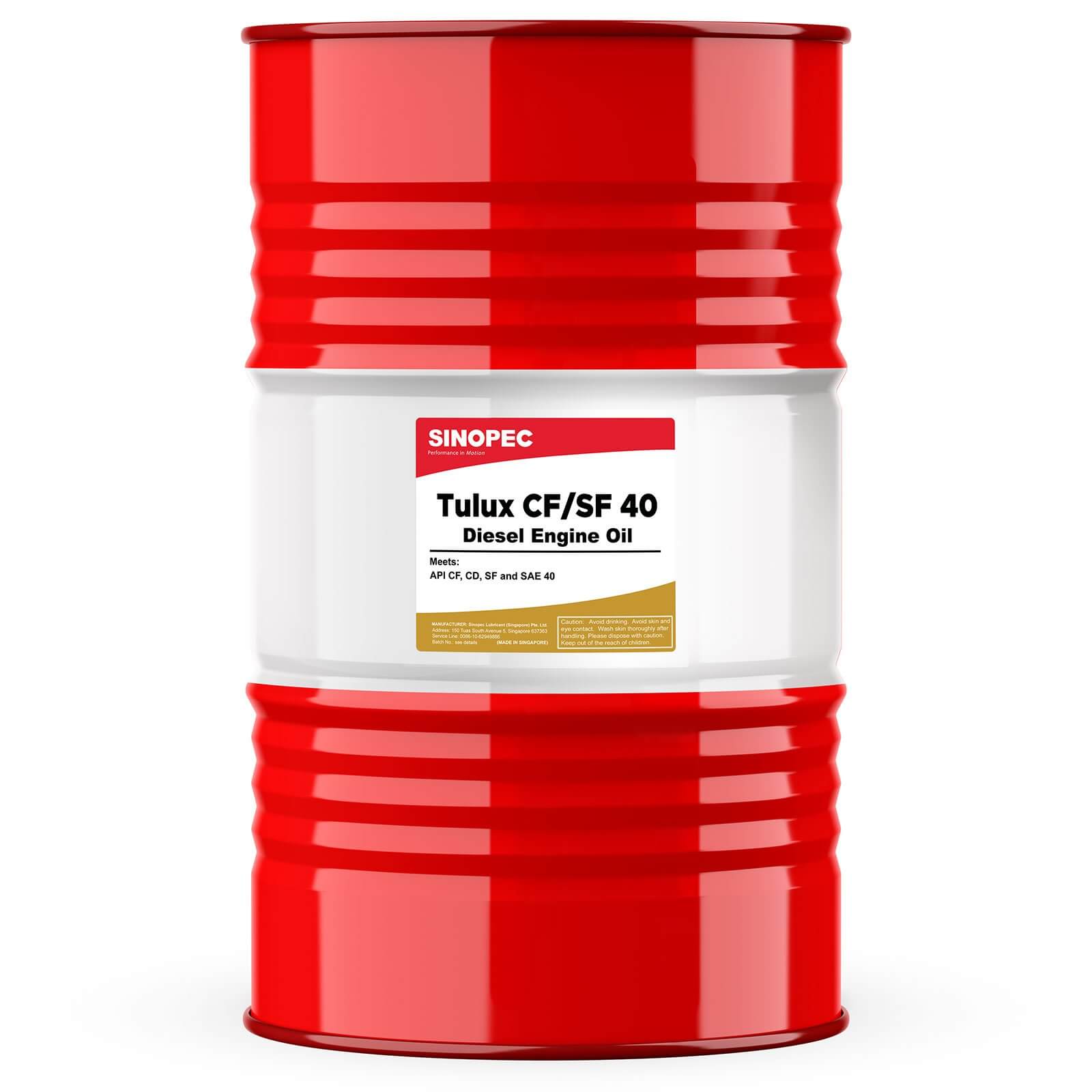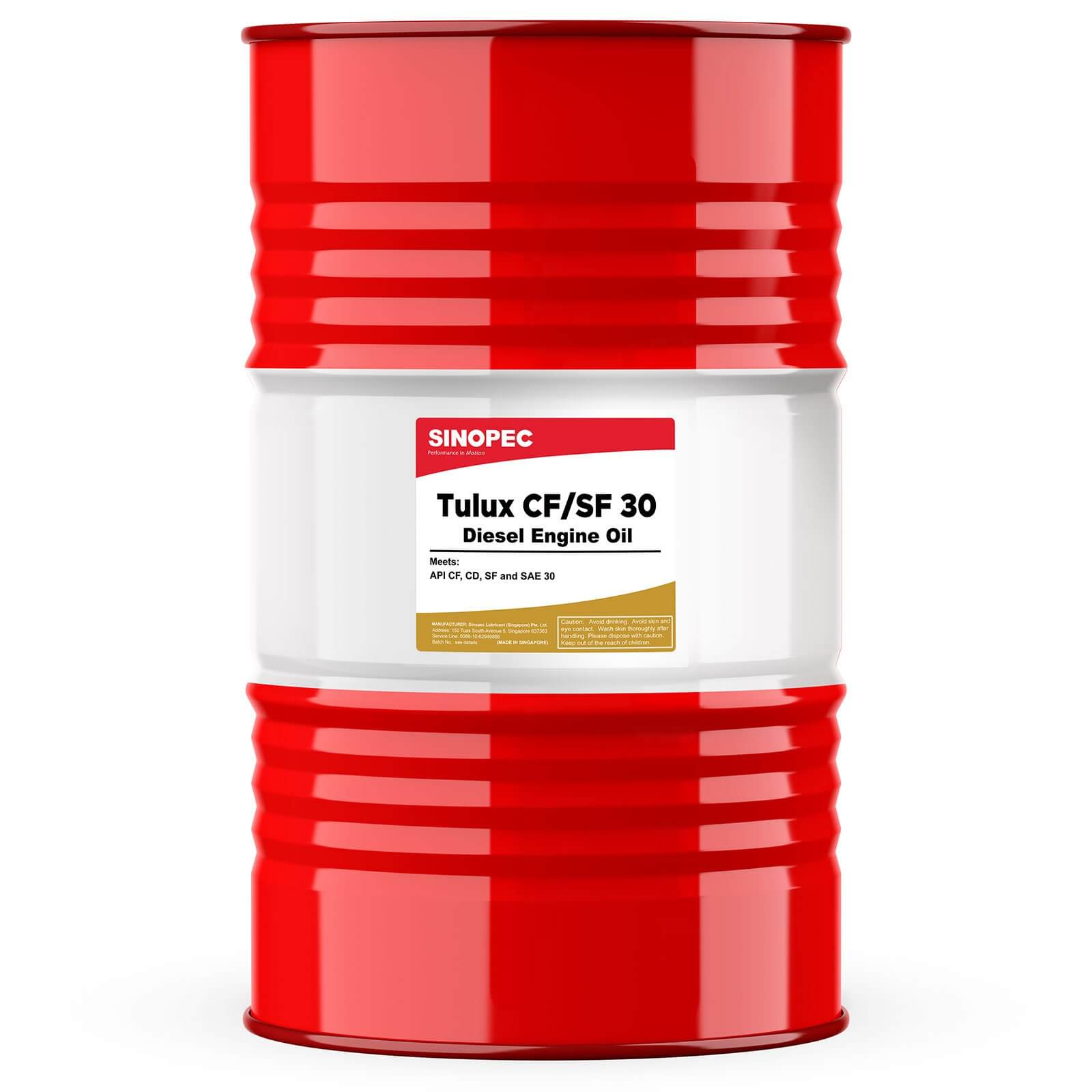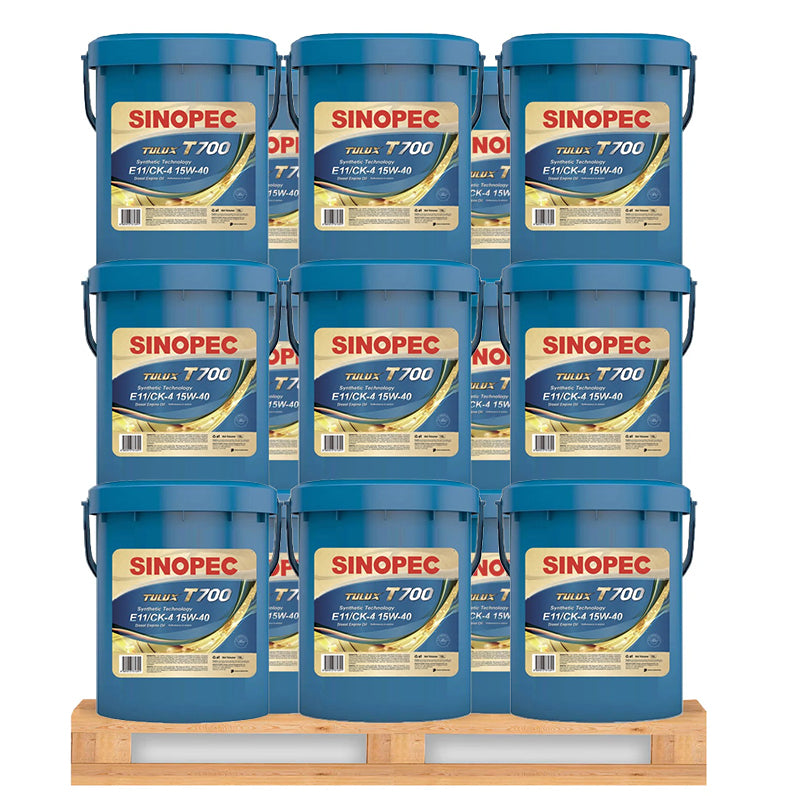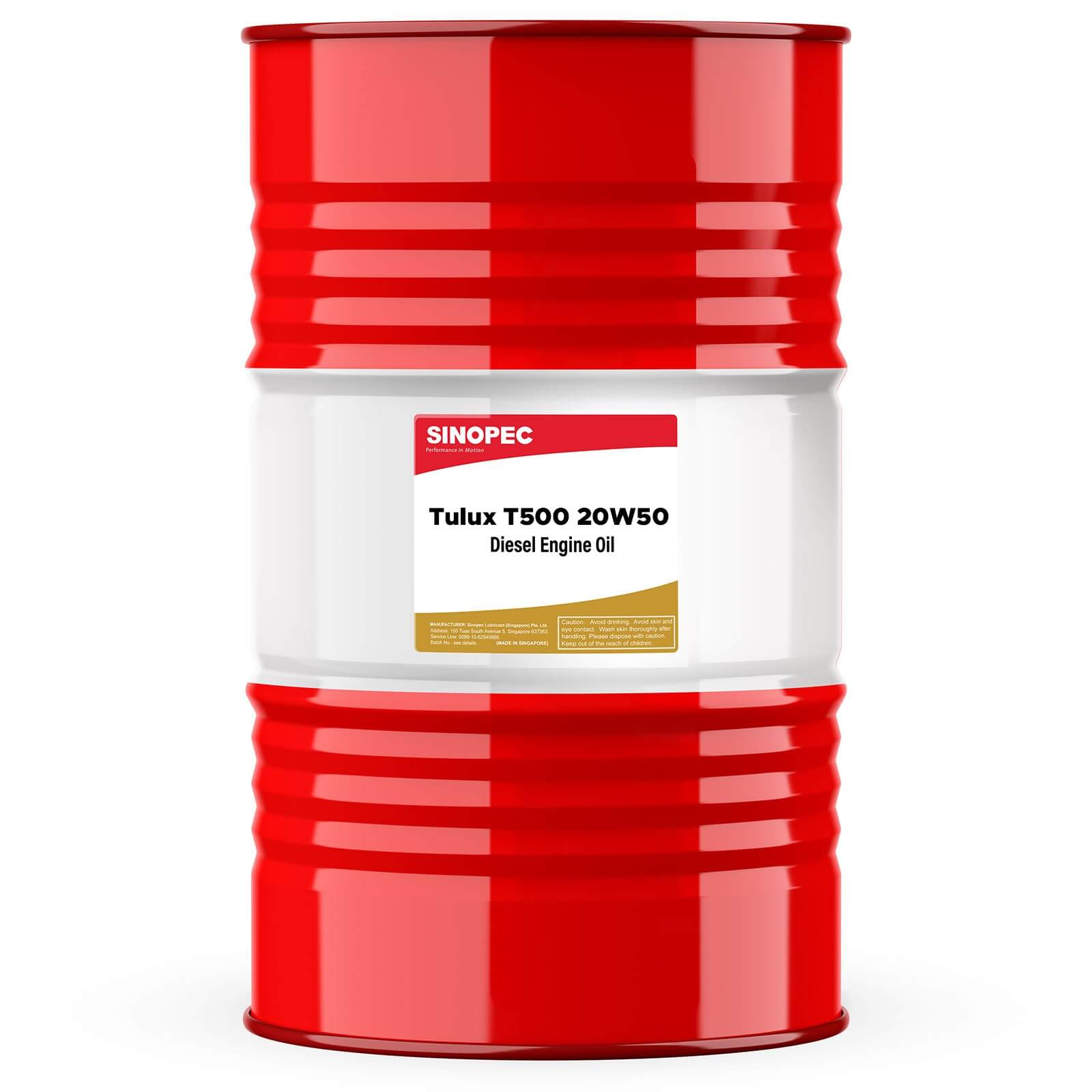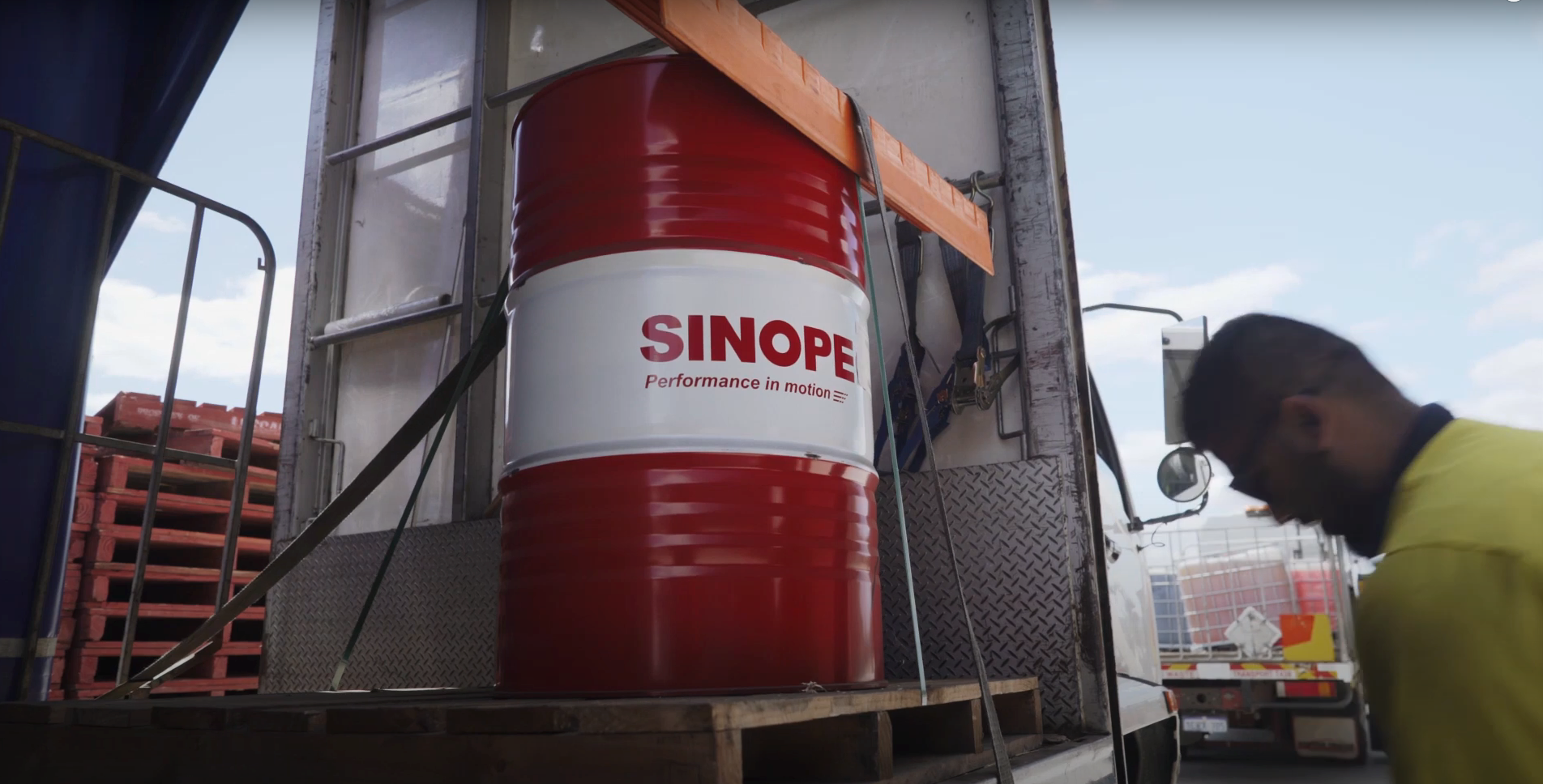HVI Oil
High viscosity index hydraulic oils (also referred to as HVI or MV oils) are specially formulated to maintain ideal viscosity over an extreme range of temperatures. Viscosity refers to an oil's thickness at a particular temperature. Industrial lubricants also have a Viscosity Index number--this rating signifies a product's ability to maintain its viscosity over a temperature range. The wider the temperature range, the higher the viscosity index number.
The viscosity index number can be improved two different ways: either at the refining level of crude oil or through additives.
The more highly refined a base oil is, the less wax (paraffin content) it contains. This is intentional. Paraffinic crude oil naturally contains wax. When a lubricant has wax content, and temperatures drop, the waxes combine together and actually thicken the oil. This is why during the refining process, they try to take out as much of the detrimental wax as possible. By removing the paraffin content, the oil can actually flow better at lower temperatures--thereby giving the oil a higher viscosity index.
However, with the refining process comes cost. To mitigate these costs, lubricant manufactures may enhance their oils and improve viscosity index performers with the post-refining addition of viscosity index improvers. These VI additives expand their form as temperatures increase, which prevents viscosity thinning. When temperatures decrease, the additives contract so the oil can continue to flow. Again, this gives the oil a better rating.
Because synthetic oils lack wax, they naturally have a higher viscosity index than refined crude oil. Synthetics are the preferred oil for use in extreme temperatures.
But you don't have to be working in extreme freezing temps to benefit from HVI hydraulic oils. HVI oils are a popular choice for other hydraulic applications, too, because they are more highly refined, have better oxidation stability, improved water separation, and better thermal stability.

